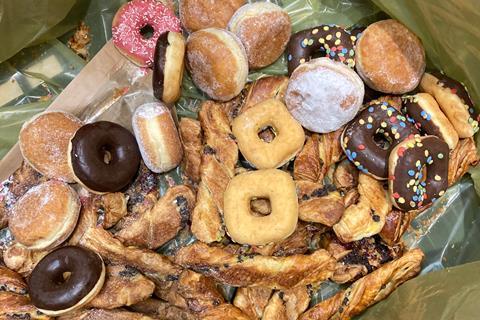
A new law meaning most businesses, including bakeries, will have to separate food waste from other waste streams is set to come into effect on 31 March 2025.
It means that any company – such as cafes, bakeries, coffee shops, and more – must arrange separate collections by licensed waste carriers. This includes any biodegradable material waste produced from processing or preparing food, including inedible parts like bones, eggshells, fruit and vegetable skins, tea bags, and coffee grounds.
Micro businesses (those with fewer than 10 employees) have a later enforcement date of 31 March 2027. However, separating food waste is advisable where possible for companies of any size.
The rules are part of Defra’s simpler recycling plans that aim to improve recycling rates, simplify waste management, and to ensure that less waste food ends up in landfill. They fall under the Environment Act 2021 (Commencement No. 9 and Transitional Provisions) Regulations 2024.
The UK government aims to eliminate food waste from landfill by 2030. It’s hoped that this new legislation can drive England towards that target, as it also covers changes to food waste collections from homes. Wales and Scotland already have their own food waste legislation in place.
According to the official government response, the preference is for food waste to go for anaerobic digestion treatment because it generates biofuel and digestate from unavoidable waste food. This digestate can be spread to land, ensuring nutrients are recycled.
Commenting on the new legislation, Mark Hall, co-founder of waste broker and dealer BusinessWaste.co.uk, said: ”It’s a big win for the environment and it aligns well with the government’s sustainability goals. We are geared up to help businesses comply with these regulations, ensuring a smoother transition to greener waste management practices.”



















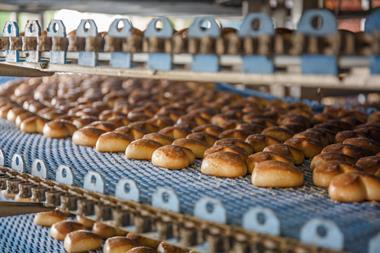

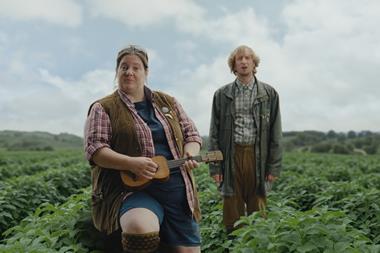
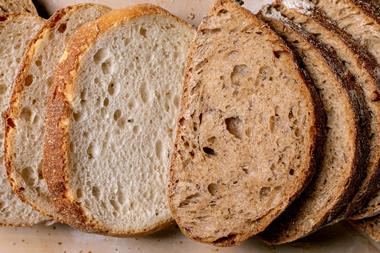

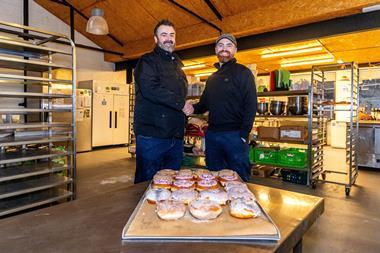
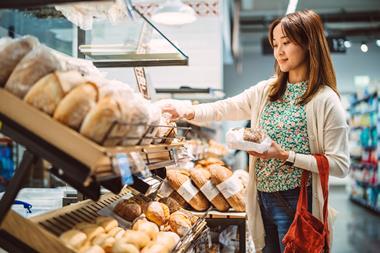

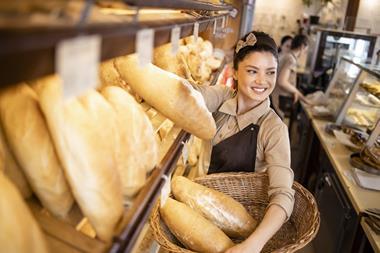
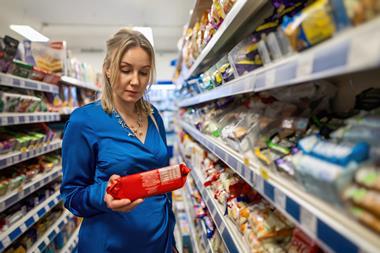

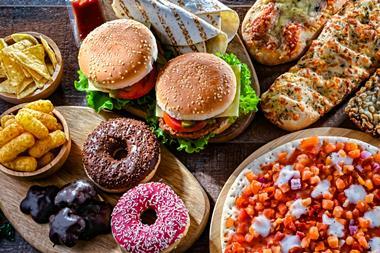

No comments yet